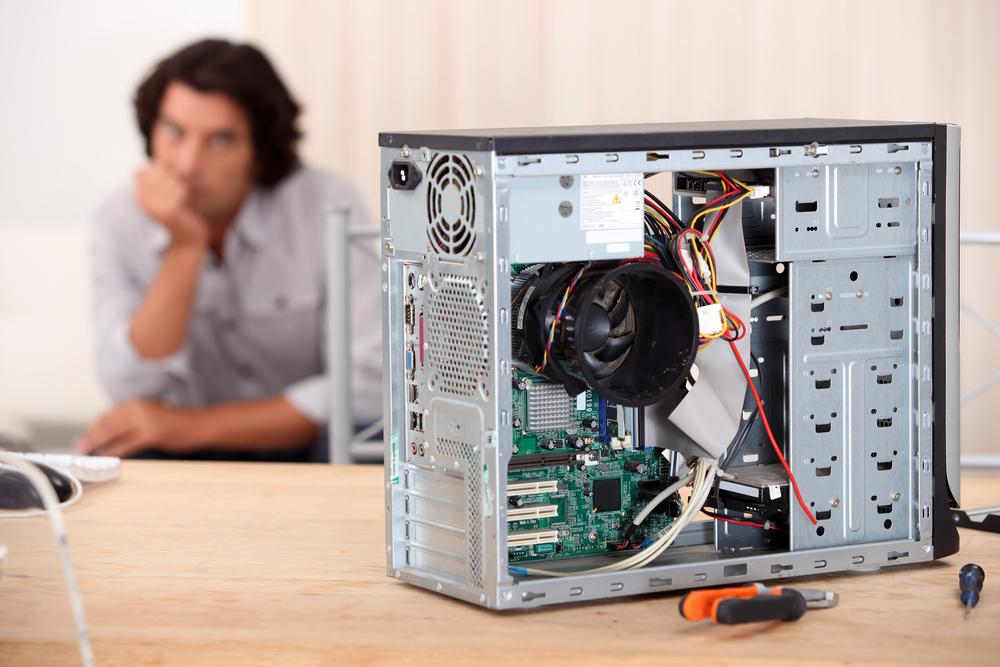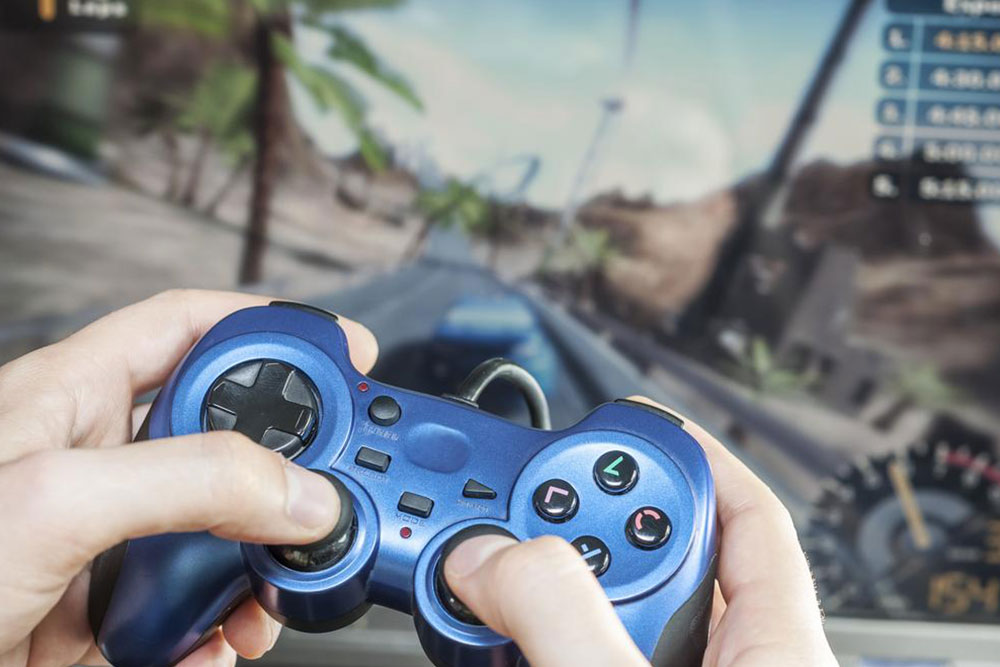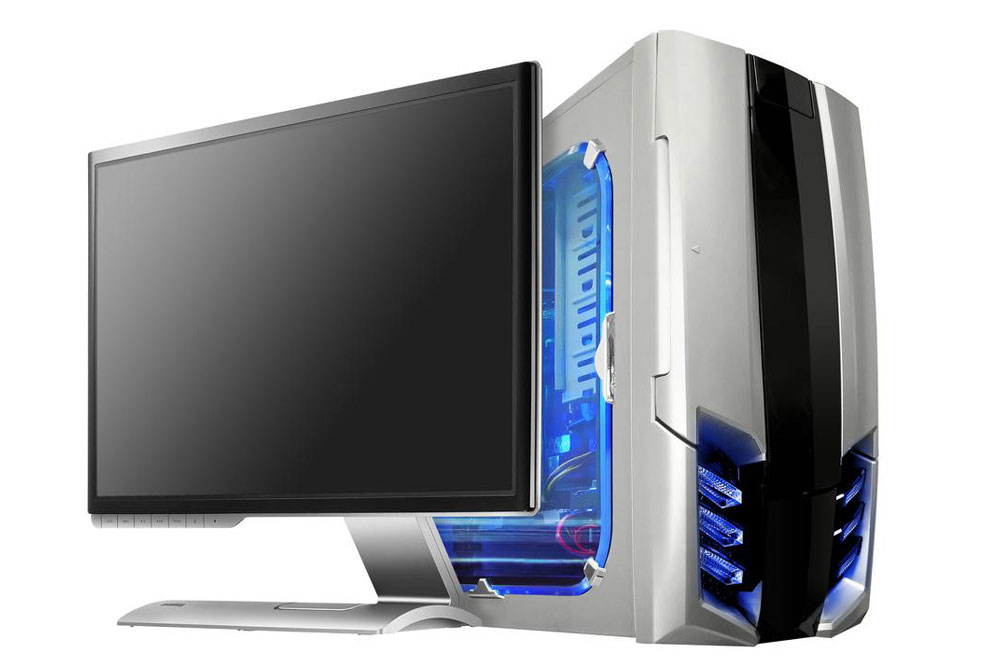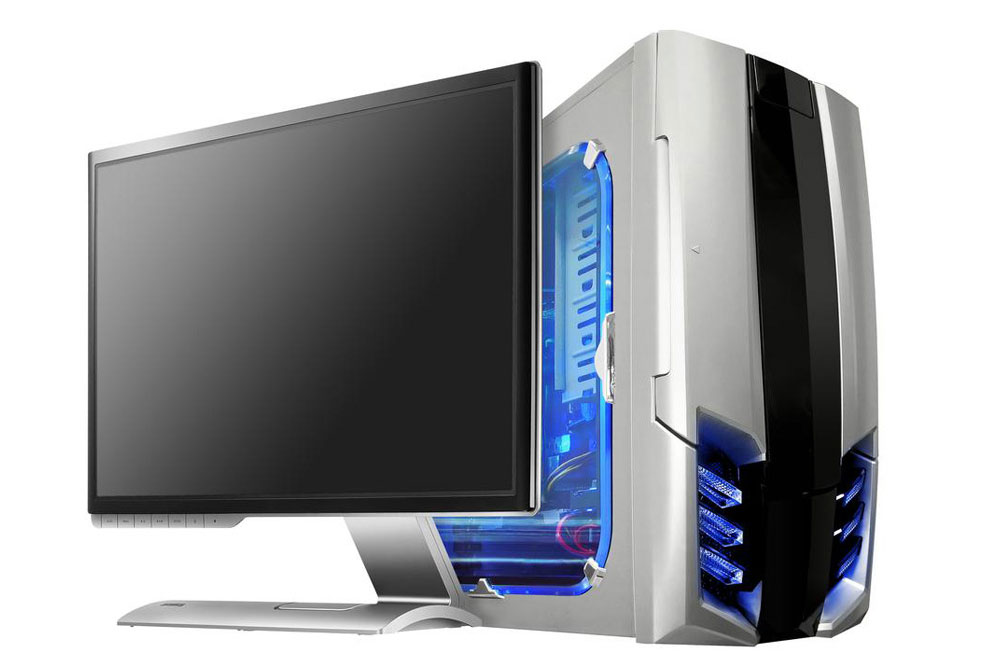Guide to Selecting the Perfect PC Case for Your Build
Selecting the right PC case is essential for a smooth building process and future upgrades. This guide highlights size options, key factors, and case types—mini-towers, mid-towers, and full-towers—to help you find the perfect fit for your needs and ensure optimal system performance.
Sponsored

Assembling a PC might seem straightforward—just add components into a case, and you're done! However, incompatible parts can derail your project. Don’t worry, though. This guide covers everything you need to know about choosing the right PC case to ensure a smooth build experience.
PC cases provide the structure for all components, from cooling fans and power supplies to graphics cards and storage drives. They also include drive bays for different storage devices, making future upgrades straightforward.
The importance of a proper PC case cannot be overstated—it serves as the foundation of your system. A sturdy case ensures all parts are securely held in place. Here’s what to consider when selecting your case.
Key Factors in Choosing a PC Case
First, determine the size—whether you prefer a large, medium, or compact case.
Next, evaluate how many components and drive bays you'll need, considering future expansion plans. Analyzing internal space is crucial for accommodating water-cooling tubes, power supplies, and other components. Proper internal layout planning ensures optimal airflow and accessibility.
Finally, choose the type of case suitable for your needs:
Mini-Tower
Perfect for portable setups, mini-towers are compact, lightweight, and budget-friendly. These cases prioritize portability and simplicity, often with minimal aesthetic features.
Mid-Tower
Ideal for most users, mid-towers are versatile and widely used. They support standard ATX motherboards, offering ample space for graphics cards, storage, and cooling solutions. Functionality remains the main focus.
Full-Tower
Designed for enthusiasts and advanced users, full towers support larger motherboards, multiple power supplies, and extensive cooling systems. They provide maximum expandability and room for custom water-cooling setups, including radiators and large components.






